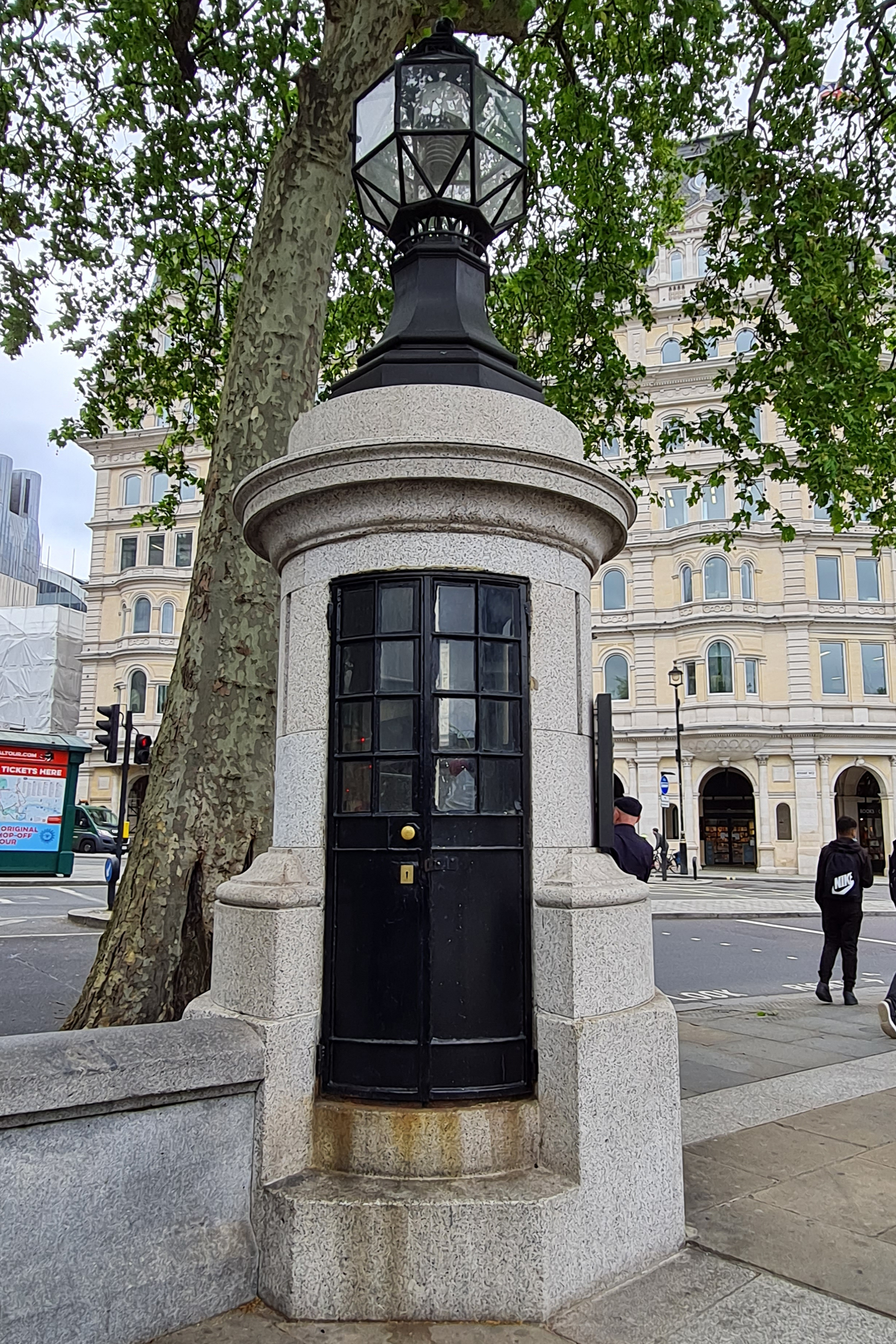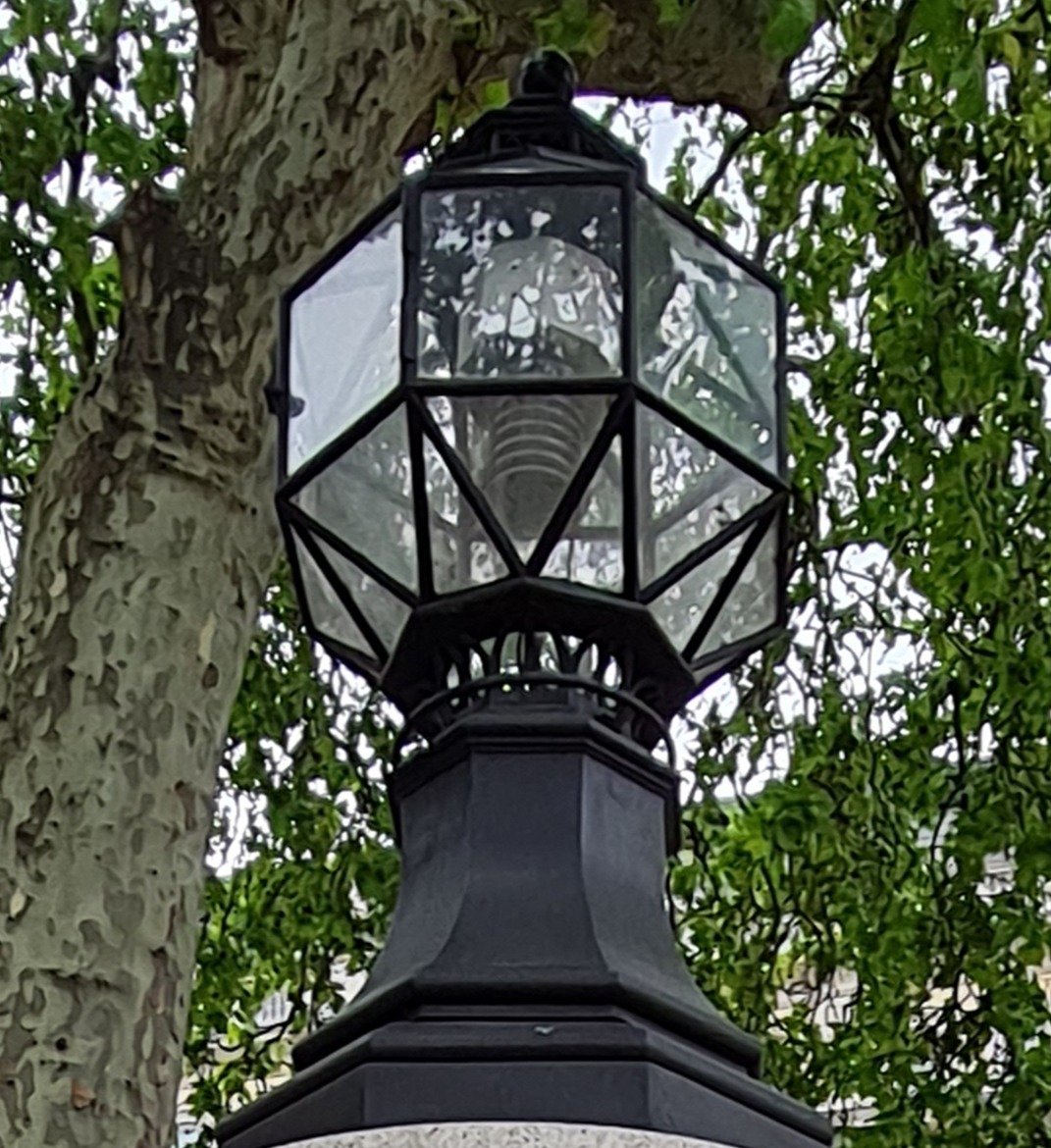Trafalgar Square, in London, opened to the public in 1844 in remembrance of Admiral Horatio Nelson's victory over the French Fleet of the Battle of Trafalgar in 1805.
Celebrations of this momentous victory were muted when news of Nelson’s death reached England—he was shot by a French sniper in the back during the battle. It was from this point in our history that it was decreed English citizens would have the right of free speech. Trafalgar Square became the location to demonstrate that right—freeborn English men and women gathered in order to protest in ever increasing numbers throughout the second half of the 19th century. This hadn’t been the establishment's intention, the right they gave for free speech wasn’t an intention to declare the right to protest.
After events such as The Bloody Sunday Riots (1887) there was careful consideration on how The Metropolitan Police could uphold the law and keep a better eye on unfolding situations when ‘revolting peasants’ (as they were known at the time) gathered on Trafalgar Square to make their displeasure known against the inequalities of the age.
Many methods were discussed and tested at the end of the 19th century to aide the authorities to control of the masses. Ultimately what was required was a watchful eye on the situation before it unfolded. A temporary police box was erected before the outbreak of WWI but during the General Strike of 1926 it was decided a permanent fixture should be instated which, as you might imagine, was met with public uproar.
Sir Lionel Edwards had a light bulb and innovative idea in 1927 and work commenced to hollow out the south-east corner concrete plinth on the square. From within the cavity a police officer could watch the activity of Trafalgar Square.

The box was operational by the 1930s and equipped with a telephone line direct to Cannon Row police station, nearby. The officer inside could phone through as soon as trouble brewed. Just imagine the public response as its said as soon as the receiver was picked up the light above the box flashed to inform passing officers help was required! Who would want to be on duty and have that responsibility?
So, over to you. London's smallest police station, a police box or is it an observation box? This structure has been described as each.
